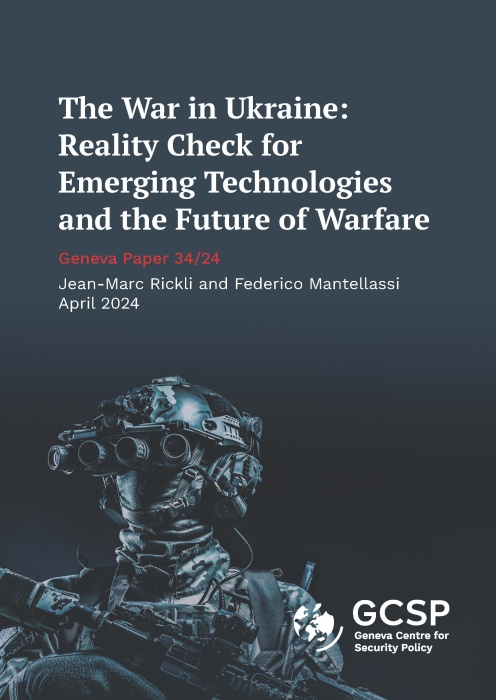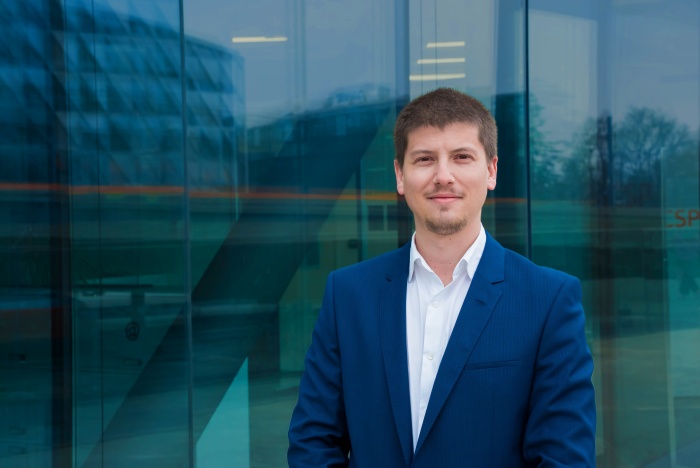The War in Ukraine: Reality Check for Emerging Technologies and the Future of Warfare
Introduction
Russia’s full-scale invasion of Ukraine in February 2022 marked the beginning of one of the most intense and brutal state-on-state conflicts opposing two modern militaries in recent memory. Despite Russia’s qualitative and quantitative advantages, Ukraine’s armed forces have so far put up strong resistance, foiling Russian plans of a quick victory and turning the conflict into a bloody war of attrition. Due to its scale and the nature of its belligerents, the conflict can provide us with a glimpse into what the future of warfare might look like and help us recentre the burgeoning conversation about the future of warfare in the current reality, especially as it relates to the presence and impact of emerging technologies. The war therefore offers us a way to understand how digital and off-the-shelf technologies such as artificial intelligence (AI) impact conflicts of this scale and how relevant they are to current modern warfare. The war can also help us see how new actors become involved in warfare, what new means of influencing nation states are becoming available, and which new tools armed forces can use to affect battlefield outcomes. Importantly, it can help us gauge their importance relative to more traditional aspects of warfare.
The analysis is structured in four main parts. This introduction is followed by a short contextualisation to situate the analysis in the wider conversation about emerging technologies and the future of warfare (Part 2). Part 3 provides a short overview of the conflict so far, dividing it into six phases. Part 4 surveys the main elements of the conflict in Ukraine, outlining what emerging technologies have been present and critically assessing their role in the war. Part 5 delves into some implications for the future of warfare that can be understood from the dynamics analysed thus far, especially as they relate to the place of emerging technologies in future conflicts and their role in determining battlefield outcomes.
We argue that while some new technologies have come to characterise modern warfare, the Russo-Ukrainian conflict shows that many features of warfighting remain unchanged. Emerging technologies, such as AI and cheaper technological alternatives to traditional armaments, such as drones, are undoubtedly starting to change the battlefield and will play an increasingly larger role in future conflicts. Cyberspace and the globalised digital information space are bringing new actors and new means to exert influence, provide nations’ armed forces with new tools, and make battlefields increasingly globalised and complex.
However, the conflict also shows that traditional aspects of warfare will not decrease in importance or be sidelined. Conflicts remain a contest of wills and adaptation, where ammunition supplies, the quantity of traditional armaments such as tanks, and both the number and quality of personnel and the logistical and organisational ability to bring all these elements to bear all remain the most important determinants of success. While technology is playing an increasing role in this equation, it remains unable to determine the outcome of a conflict on its own.
Disclaimer: The views, information and opinions expressed in this publication are the author’s own and do not necessarily reflect those of the GCSP or the members of its Foundation Council. The GCSP is not responsible for the accuracy of the information.



